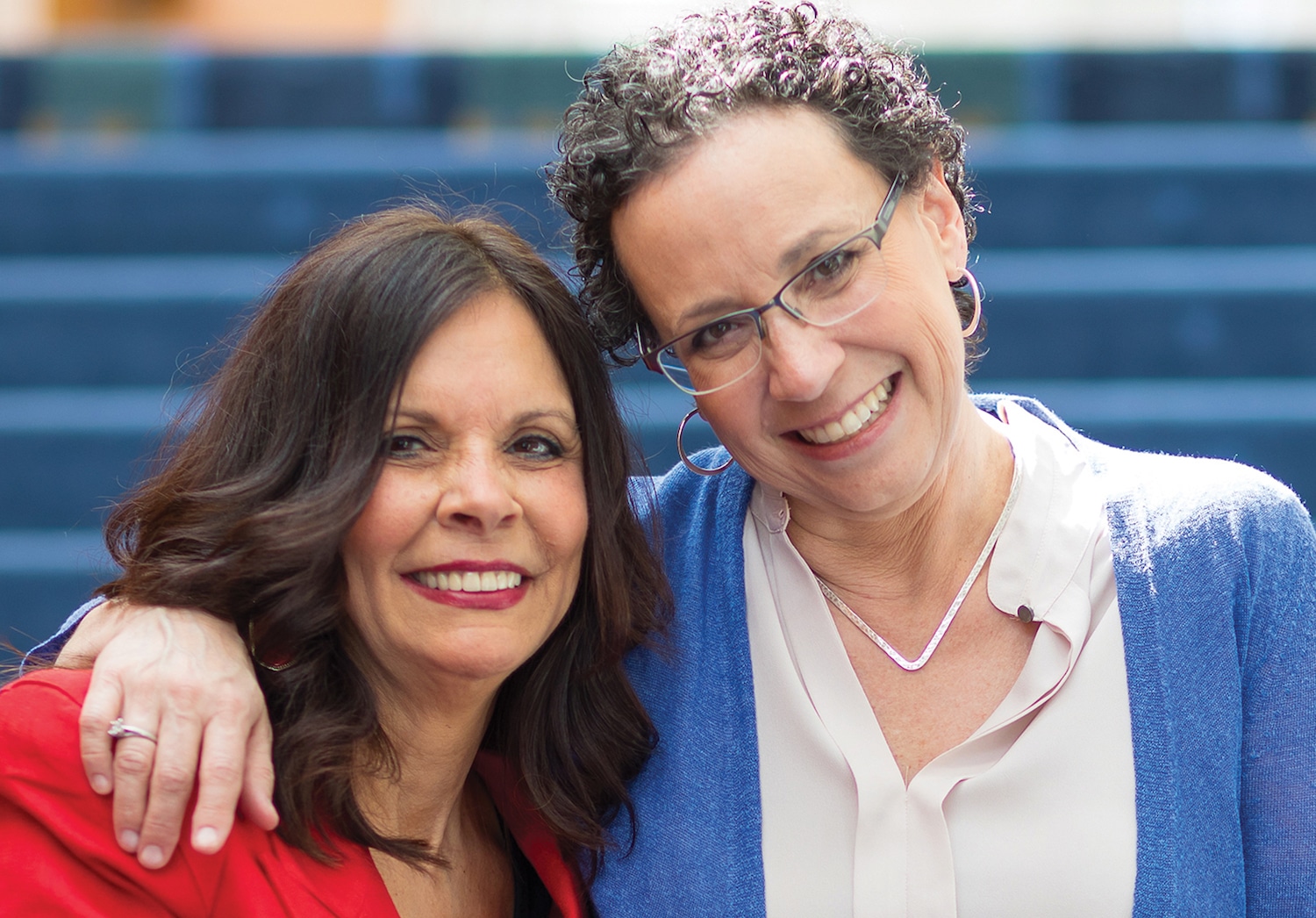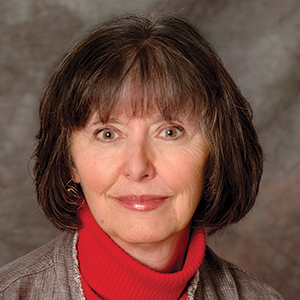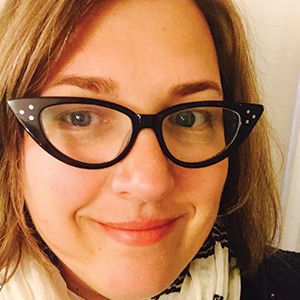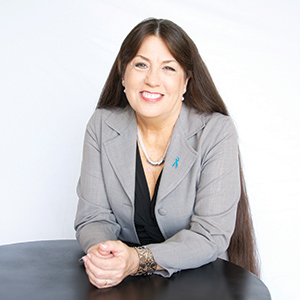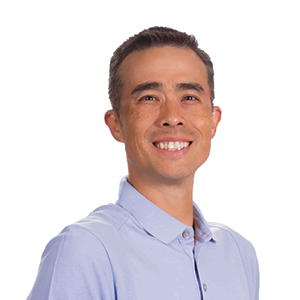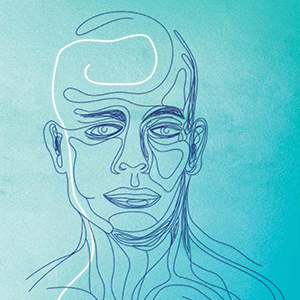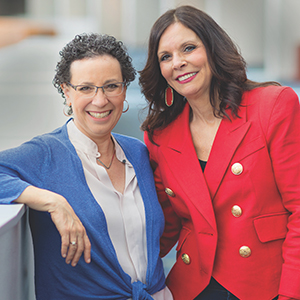Fall 2017 Vol. 07 Issue 03
-
From the Editor-in-Chief
Metabolism and CancerCan cancer's dependence on sugar help researchers find new targets to treat the disease?
by William G. Nelson, MD, PhD
-
Your Cancer Guide
Clinical Trial ConsiderationsLearn what questions to ask before participating in a study.
by Hester Hill Schnipper
-
Caregiving With Confidence
The Dangers of Caring Too MuchShifting some responsibilities may empower your loved one and strengthen your relationship.
by Aimee Swartz
-
Breaking Down a Cancer Diagnosis
During her husband's treatment for metastatic prostate cancer, Jan Manarite learned what questions to ask. Now she shares what she learned with others.
by Marci A. Landsmann
-
Cancer Control in the Community
Successful public health initiatives to prevent, detect and treat cancer require widespread community participation.
by Marci A. Landsmann
-
Challenges Remain for Kids With Cancer
More children are being treated successfully for cancer. Yet researchers continue searching for new therapies that will help kids who don't respond to standard treatments.
by Cameron Walker
-
Scholarships for Survivors
Cancer survivor creates scholarship fund for young adult cancer survivors.
by Lindsey Konkel
-
Vaccines: Looking Within for Cancer Treatment
Researchers are testing treatment vaccines that spur the immune system to attack cancer.
by Stephen Ornes
-
Advocacy in Action
Fearless FriendsLori Marx-Rubiner and AnneMarie Ciccarella met on social media and grew close through their cancer research advocacy.
by Sue Rochman
-
In the Moment- Fall 2017
Wanda Huskins, Renee Soriano, Holly Hamer.
People treated for childhood cancer found to have twice the risk of developing melanoma as an adult.
by Cameron Walker
Online Second OpinionsMore than half of patients who participated in a program offering online second opinions were recommended a change to their treatment plan.
by Eric Fitzsimmons
Musical Toxicity an Effect of Cancer TreatmentStudy finding cancer treatment affects ability to play or sing music highlights need for physical therapy, experts say.
by Kyle Bagenstose
Treatment Lags Behind Guidelines for Many Men With Prostate CancerGuidelines for treating advanced prostate cancer changed in 2017, but a recent study indicated many patients were not being treated accordingly.
by Laura Gesualdi Gilmore

